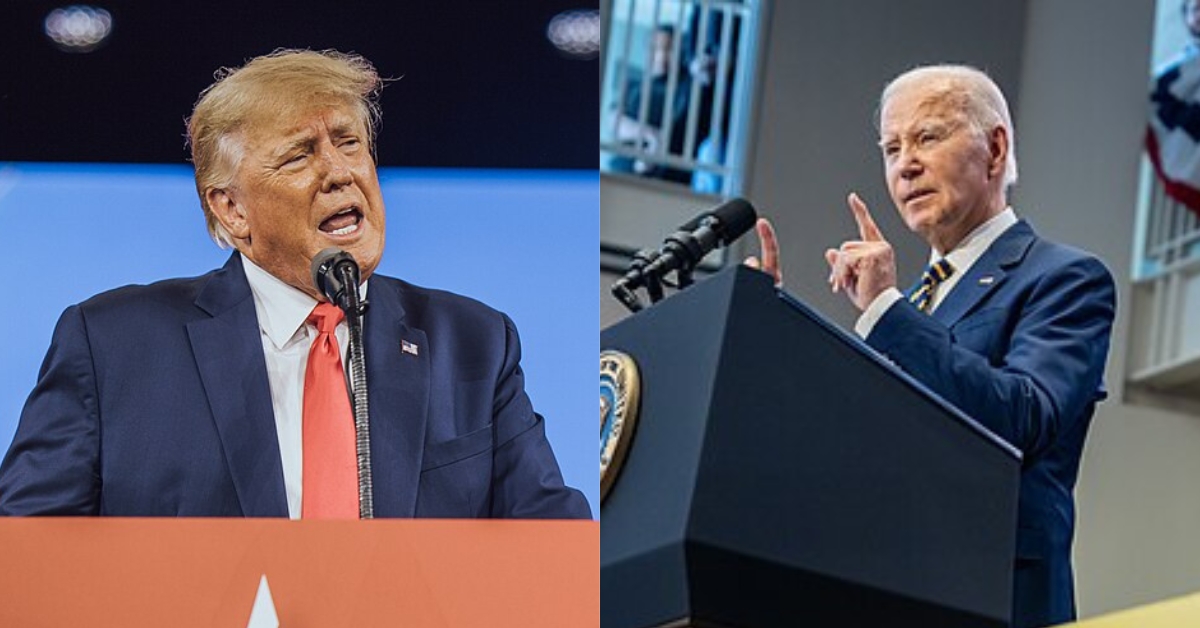
Biden’s Team Shortens His Speeches to Avoid Embarrassment
As we inch closer to election day, President Biden’s campaign is noticeably keeping his public appearances brief, a strategy his deputy campaign manager touts as focusing on “quality over quantity.” For those of us who can decipher the true meaning behind bureaucratic double-talk, it’s crystal clear: Biden is a liability. The less he speaks, the better they think it’ll be for them.
In an interview with MSNBC, Quentin Fulks laid out this new approach, suggesting that smaller, more succinct engagements will better communicate the stakes of this election to voters, without the fluff and potential for gaffes that Biden makes frequently. This strategy, while packaged nicely as a tactical decision, screams of a campaign on damage control. Keeping Biden’s speeches short isn’t about clarity—it’s about containment. The Biden team is clearly concerned about the president’s propensity for blunders, which was underscored when he recently labeled Japan, a steadfast U.S. ally, as “xenophobic,” placing it in the same category as adversaries like Russia and China. His minimal engagement with the press, fewer than any recent president, only adds to the perception that his handlers are keen to keep him under wraps.
Moreover, Fulks’ attempt to shift blame to former President Trump, citing his influence on the Dobbs decision and accusing him of wanting to destroy Social Security and Medicare, is a transparent effort to deflect from the current administration’s shortcomings. This narrative might resonate with some, but many see it as the desperate bid it really is—to vilify Trump and sidestep substantial policy discussions. It’s a classic case of a political campaign playing defense by casting aspersions rather than championing its achievements.
In Biden’s brief interactions, such as the recent 10-minute address at the White House correspondents’ dinner, Biden implored the press to rise above trivialities and focus on “what’s actually at stake.” Yet, this call for high-minded journalism seems ironically out of touch when it’s his administration that often indulges in the very distractions he criticizes. His even shorter four-minute speech amid the recent surge of anti-Israel protests on college campuses was another example—while he condemned Antisemitism and unlawful protests, his swift exit after merely two questions did little to reassure those seeking deeper engagement on critical issues.
This campaign strategy of limiting Biden’s exposure does not just aim to avoid gaffes—it also shields him from having to engage deeply with the press and the public on pressing matters, from domestic policies to foreign affairs. It’s a tactic that might minimize errors, but it also minimizes transparency and accountability, which are crucial in a democracy. The American people deserve more than managed appearances and rehearsed lines; they deserve a president who can confidently articulate and defend his policies in the unfettered court of public opinion. Biden’s handlers seem to think the best strategy is to keep things brief, but in doing so, they are further solidifying to the public that Biden is a puppet for those behind the scenes.











